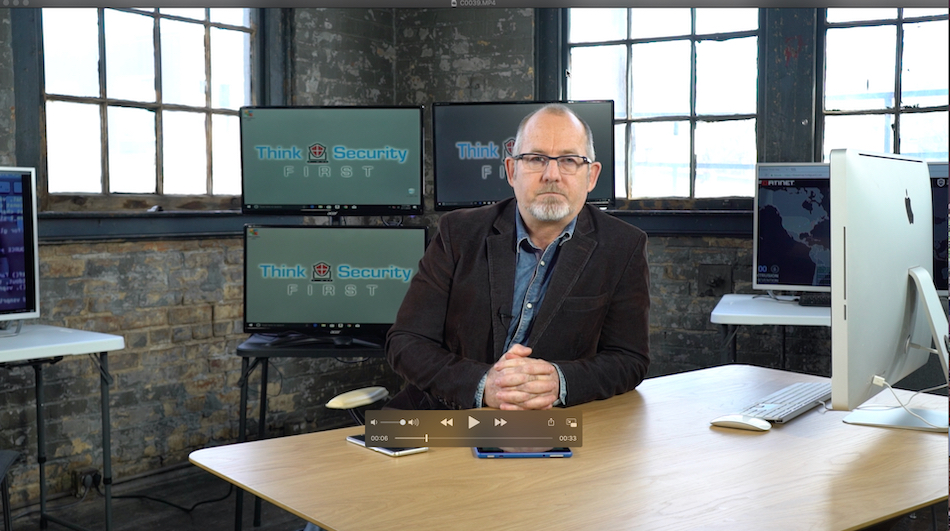Meet The Man Who Hacked His Own Brain

Neal O’Farrell is widely regarded as one of the longest-serving cybersecurity professionals on the planet, 40 years and counting, and long before the word cyber had even been coined.
But it didn’t take long for chronic stress to kick in, when in the late 80s and while still in his 20s, he won the first ever contract to encrypt Ireland’s entire national ATM network. Every bank, every branch, every ATM, and in spite of the fact that he knew little about encryption and even less about ATM networks. But in spite of months of chronic stress worrying about the worst case, it all turned out just fine.
Since then Neal has advised half a dozen governments and dozens of banks, worked on the first ever voice-recognition based biometric access control system for Britain’s telephone banking system, served as a member of the Federal Communications Commission’s cybersecurity roundtable, and was the only security adviser invited to be part of President Barack Obama’s STOCK Act Review panel.
Passionate about protecting consumers, Neal launched the fight against identity theft nearly quarter of a century ago, was the first to train an entire police department in identity theft awareness (2003), and as head of the nonprofit Identity Theft Council was recipient of SC Magazine’s 2011 Editors Choice Award presented at RSA.
After four decades of security and three decades of stress that ultimately nearly cost him his life, Neal decided to focus his passion and energy on the mind. His and others.
Today he talks and teaches about how cyber stress is both a massive and yet avoidable personal and organizational risk, and an overlooked opportunity to build better people and better security.
When he’s not teaching about security and stress, he’s working on broader mental and brain health initiatives. Like a program with the UN to help communities around the world become more emotionally and psychologically resilient to growing disasters, crises, and climate change.
Or an initiative with NIST, the National Institute of Standards and Technology, where he studied how future smart cities could sync with and support the mental health of residents.
And more recently, the first to train students in a cybersecurity degree course (Northern Kentucky University) on how to view stress as both a personal and organizational risk they need to plan for. And the first presentation he ever delivered about the importance of psyber resilience and hacking stress, in 2020, was attended by more than 1,000 people in 52 countries.
He’s currently leading the Brainisphere, his most ambitious program yet, and how the fundamental pillars of brain health can be harnessed by teens to give them the best chance at the best life.